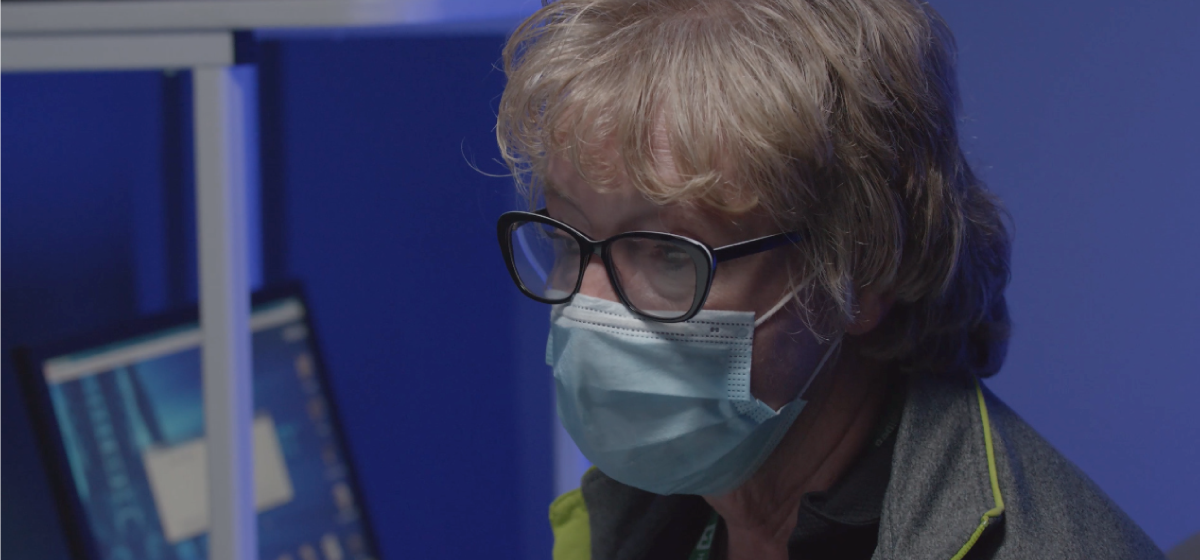
As you age, your bones become more fragile. Approximately half of women over age 50 will be affected by osteoporosis. Men in their 50s don’t experience the rapid loss of bone mass women do following menopause, but they do start to experience density loss starting at ages 65-70.
It’s never too early or too late to keep your bones healthy. By detecting bone loss early, patients can begin treatment to minimize the devastating effects of this preventable disease, as well as take steps to prevent further bone loss.

Need to contact us? Call the Center for Breast & Bone Health at (317) 745-3404.
Center for Breast and Bone Health
The Center for Breast and Bone Health, located in Danville and Brownsburg, provides a warm, supportive environment that offers healthcare services to both men and women. DEXA bone densitometry testing is among the services available. Our highly skilled staff is dedicated to preventing, diagnosing, testing and treating bone disease.
DEXA Bone Density Test
If you are 65 or older, or have certain risk factors such as taking a medication that can cause bone thinning, your doctor may recommend a bone density test. Bone densitometry is used to measure the bone mineral content and density. This measurement can indicate decreased bone mass, a condition in which bones are more brittle and more prone to break or fracture easily. Bone densitometry is used primarily to diagnose osteoporosis and to determine fracture risk. The testing procedure measures the bone density of the bones of the spine, pelvis, lower arm, and thigh.
A DEXA bone density test may be used to:
- Confirm a diagnosis of osteoporosis if you have already had a bone fracture
- Predict your chances of fracturing a bone in the future
- Determine your rate of bone loss
- See if treatment is working
Read more about bone densitometry testing at our online health library, including what to expect during the procedure.
Risk Factors for Osteoporosis
There are many risk factors for osteoporosis and indications for densitometry testing. Some common risk factors that might put patients at risk for osteoporosis include:
- Postmenopausal women not taking estrogen
- Advancing age, women over 65 and men over 70
- Smoking
- Family history of hip fracture
- Using steroids long-term or certain other medicines
- Certain diseases, including rheumatoid arthritis, type 1 diabetes mellitus, liver disease, kidney disease, hyperthyroidism, or hyperparathyroidism
- Excessive alcohol consumption
- Low BMI (body mass index)
Additional Services
Orthopedic Care
From initial joint pain, to treatment and therapy plans, our award-winning doctors, surgeons and specialists provide a full continuum of care.
Learn More
Joint Replacement
Our staff is highly skilled in diagnosing and treating hip, knee, and shoulder joint issues. We’re here to minimize pain and restore mobility.
Learn More
Arthritis & Rheumatology
Arthritis and other rheumatic diseases are characterized by pain, swelling and limited movement in joints and connective tissues in the body.
Learn More

Ready to make an appointment? Call the Center for Breast and Bone Health at (317) 745-3404.